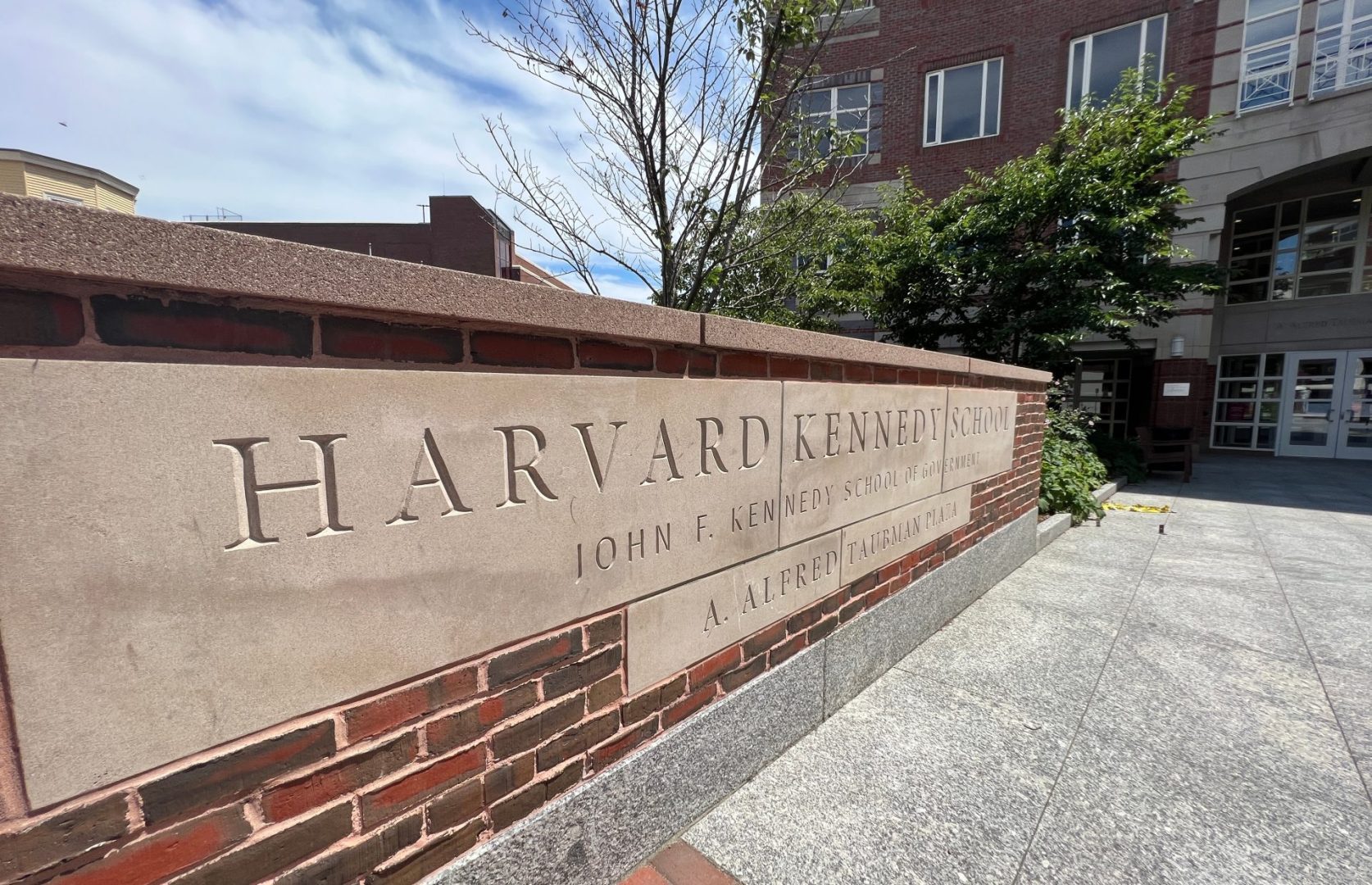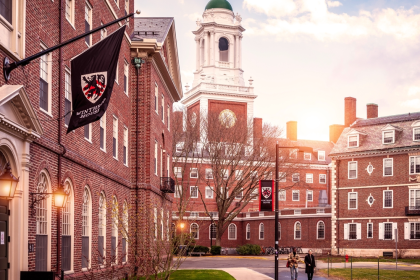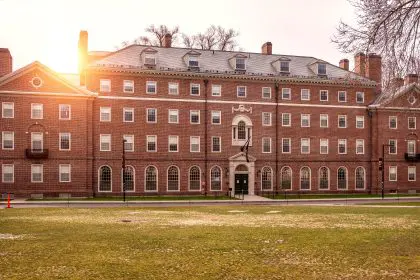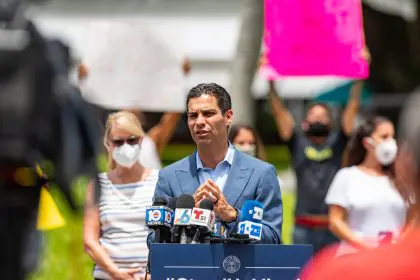Claudine Gay, Ph.D., the first black president in Harvard University’s 368 years, will not be forced to resign, despite lawmakers pressing for her ouster over her congressional testimony that they deemed insufficient to protect Jewish students from a new wave of antisemitism.
“Our extensive deliberations affirm our confidence that President Gay is the right leader to help our community heal and to address the very serious societal issues we are facing,” the Harvard Corporation, the highest governing board at the Ivy League university, said in a statement.
The 13-member school board’s unanimous decision follows a petition signed by more than 700 faculty members, who saw politicians trying to bully the policymakers at a school many Republicans despise as a bastion of liberalism.
“We have lawmakers getting intimately involved in trying to dictate governance on campus, and this seems unacceptable,” said Melani Cammett, a professor of international affairs and one of the organizers of a petition to keep Gay in the office she has occupied since July.
Gay was one of three university presidents called to testify before Congress about antisemitism on the campus, which has been on the rise, especially since Israel and Hamas went to war in October. The other two were University of Pennsylvania President Liz Magill and MIT President Sally Kornbluth.
Their responses to questioning by Rep. Elise Stefanik, R-N.Y., placed them in the crosshairs of Republicans. When Stefanik asked the loaded question about whether “calling for the genocide of the Jews” violates school rules, Gay answered that it would “when speech crosses over into conduct.”
Republicans were outraged; Democrats saw the Republicans’ outrage as grandstanding. The result was that Stefanik and 73 other members of Congress called for the three presidents to resign in a letter to their schools.
“Given this moment of crisis, we demand that your boards immediately remove each of these presidents from their positions and that you provide an actionable plan to ensure that Jewish and Israeli students, teachers and faculty are safe on your campuses,” the letter led by Stefanik read.
When Magill did resign, Stefanik posted, “One down, two to go” on X, formerly known as Twitter.
Some of the petitioners made it clear that their support was more about keeping outside influences from dictating policy rather than an agreement with the substance of the presidents’ remarks.
Even the school board acknowledged that Gay’s response didn’t rise to the level it would’ve liked. The Harvard Corporation said in its statement that Gay’s answers “should have been an immediate, direct and unequivocal condemnation” of antisemitism.
Gay apologized, saying that she got caught up in a prolonged, combative exchange with a legislator. Her apology — also published in the Crimson, the school’s newspaper — was one of the factors that influenced the board.
“What I should have had the presence of mind to do in that moment was return to my guiding truth, which is that calls for violence against our Jewish community — threats to our Jewish students — have no place at Harvard, and will never go unchallenged,” Gay said.














